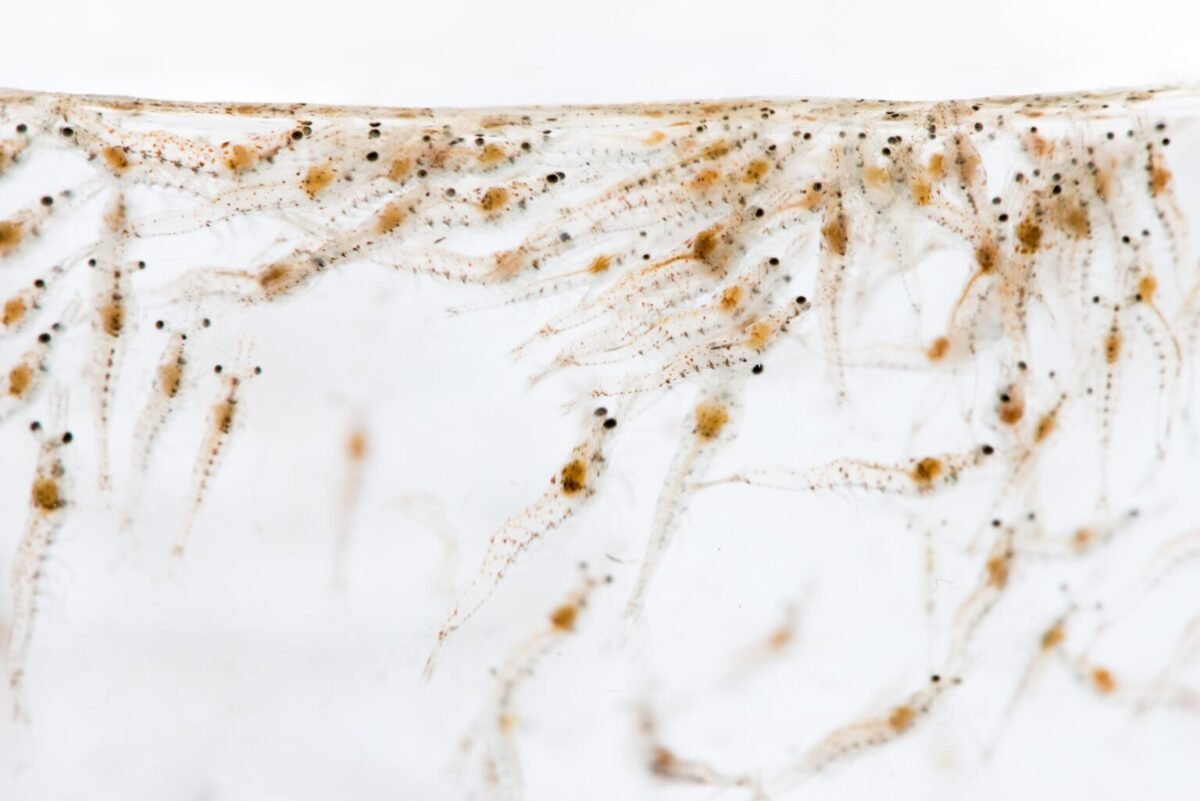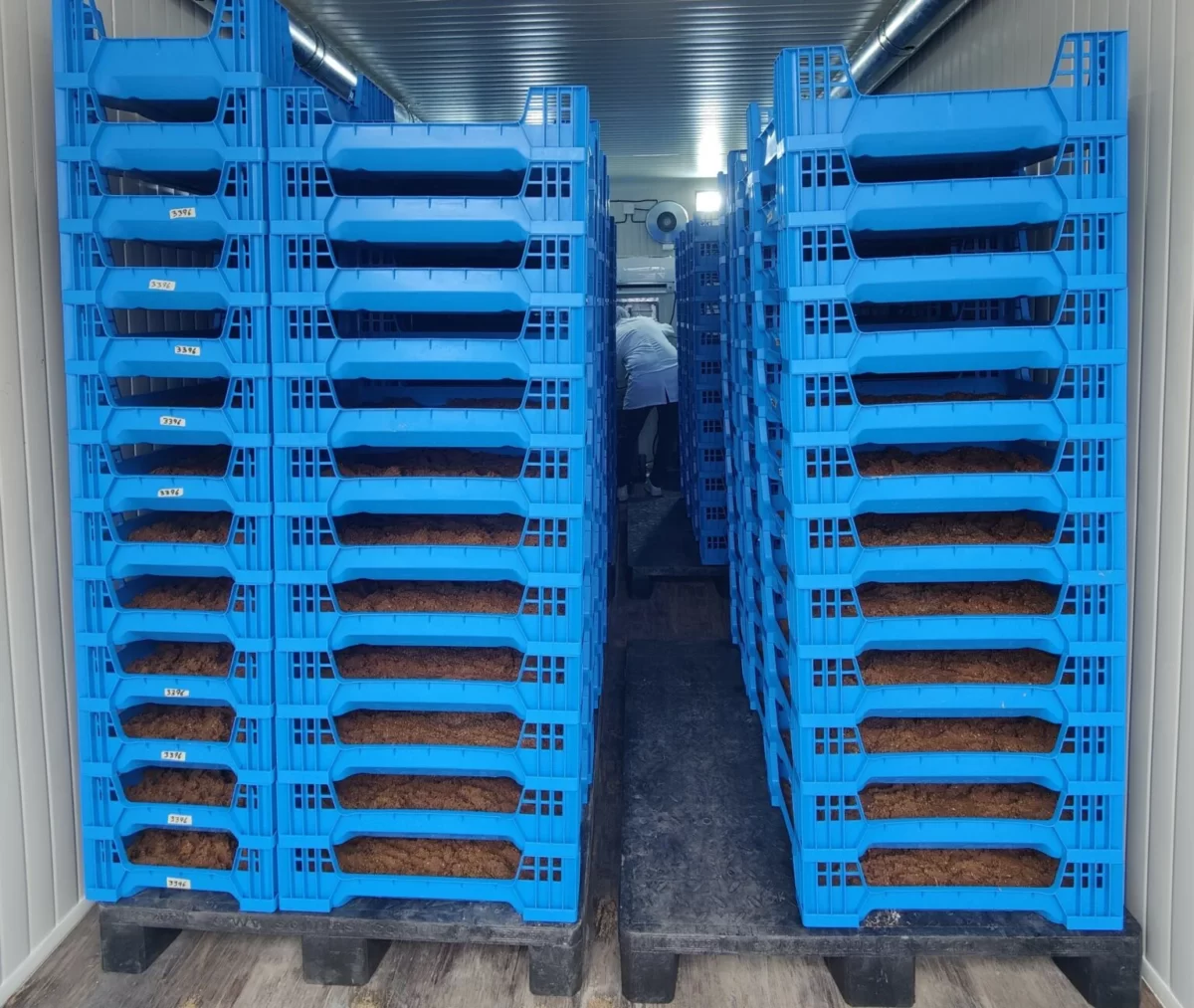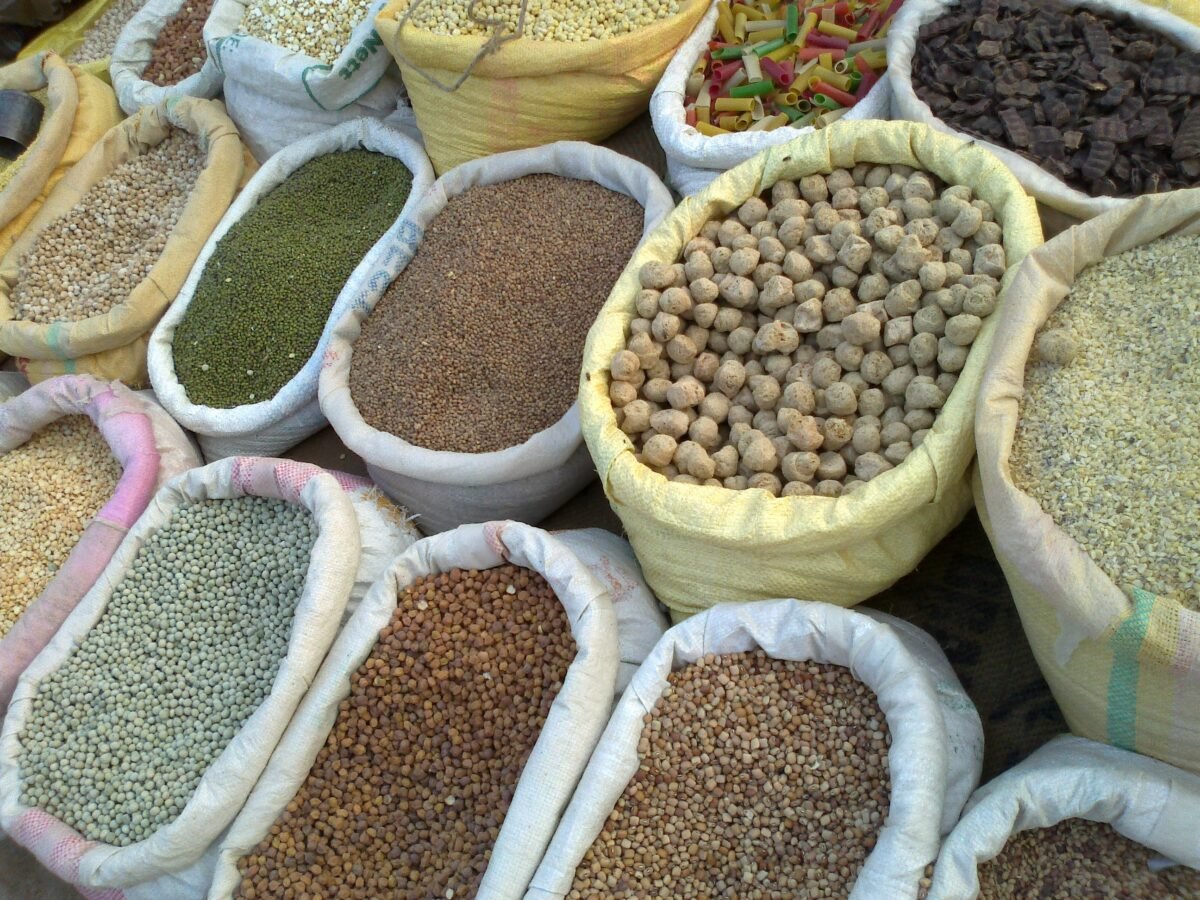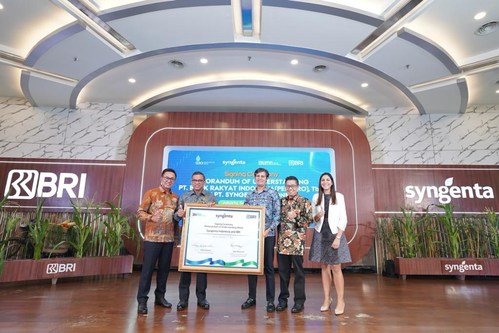ADM strengthens animal nutrition capabilities in Indonesia
The acquisition encompasses two premix production facilities—known as the Pasuruan site in Surabaya and the Cibitung site in Jakarta—as well as laboratories, warehouses and offices across Indonesia
ADM, a global leader in human and animal nutrition, announced that it has reached an agreement to acquire PT Trouw Nutrition Indonesia, a subsidiary of Nutreco and a leading provider of functional and nutritional solutions for livestock farming in Indonesia.
Incorporated in 2007, PT Trouw Nutrition Indonesia is a leading premix manufacturer, providing innovative and comprehensive nutrition solutions for the animal industry. Their premix production facilities feature full automation solutions with intelligent process optimization, and they are industry 4.0-ready with professional project management and execution.
With the planned acquisition, ADM will be strengthening its premix and feed additives & ingredients (FA&I) business and strategically positioning itself to meet the anticipated market growth to sustain the rising demand for protein. The acquisition encompasses two premix production facilities—known as the Pasuruan site in Surabaya and the Cibitung site in Jakarta—as well as laboratories, warehouses and offices across Indonesia.
“This acquisition will complement our regional footprint and will represent a step forward in achieving our vision of leading the animal nutrition industry,” said Gerald Wilflingseder, president of ADM’s animal nutrition business in APAC. “It will enable us to enhance our premix production capabilities, ensuring that we are strongly positioned to provide localized solutions and customized services swiftly to customers in Indonesia and the broader region. We believe this move will not only enhance ADM as a major player in premixes and FA&I in Indonesia but also reinforce our reputation as the preferred partner for customers looking for full animal nutrition solutions offerings.”
Once the acquisition is complete, ADM will integrate PT Trouw Nutrition Indonesia into its wider footprint in Indonesia, creating new opportunities to broaden the portfolio of products and solutions offered to customers. In addition, Dr Pierre Domps, general manager of Animal Nutrition Indonesia at ADM, commented, “Our commitment extends beyond products and solutions; we strive to provide a spectrum of services. We will provide customised solutions and services backed by international technical expertise and support from our lab services. This approach ensures comprehensive support for local production, enabling a tailored strategy to meet the unique market demands in Indonesia and the Asia-Pacific region.”
The acquisition encompasses two premix production facilities—known







